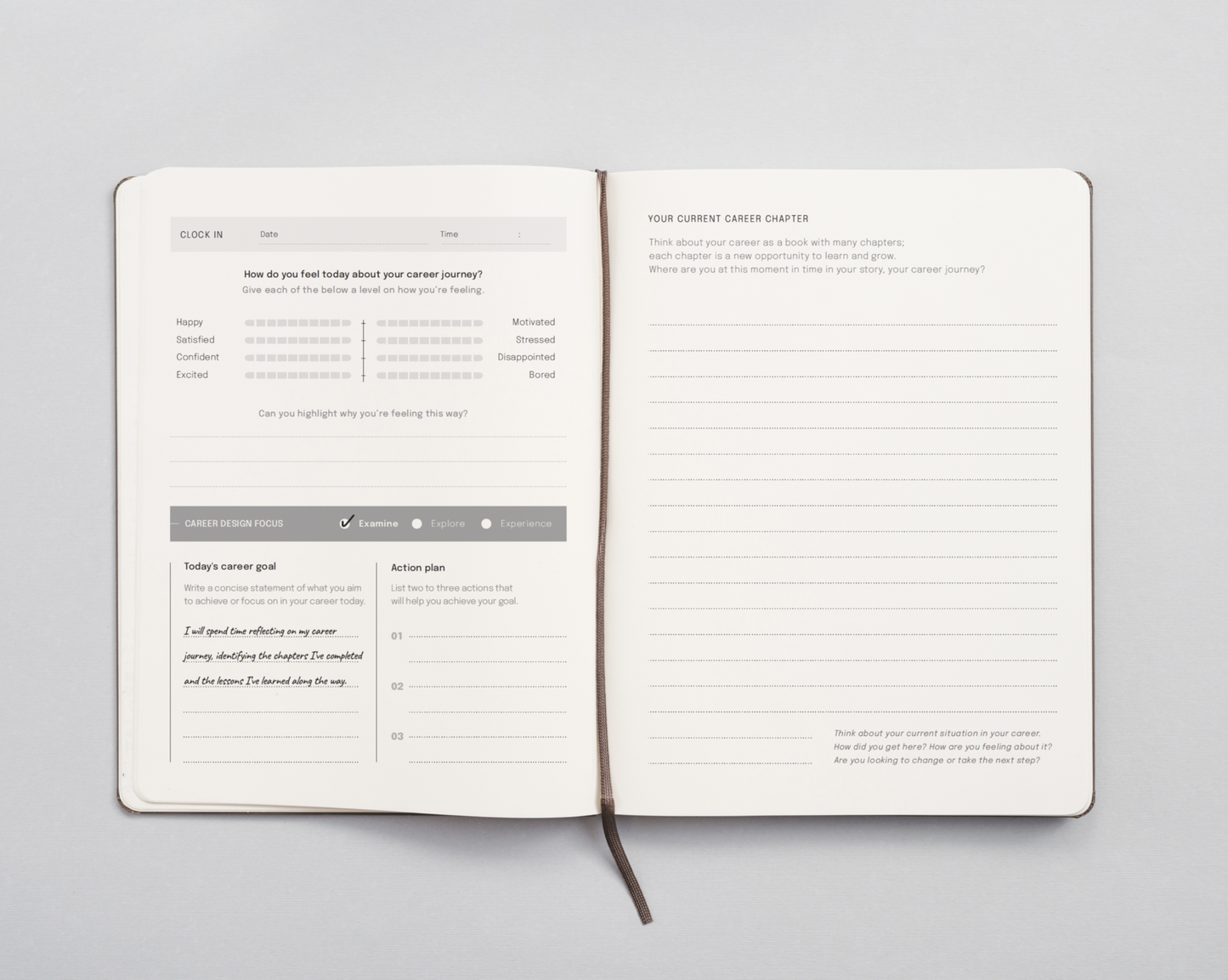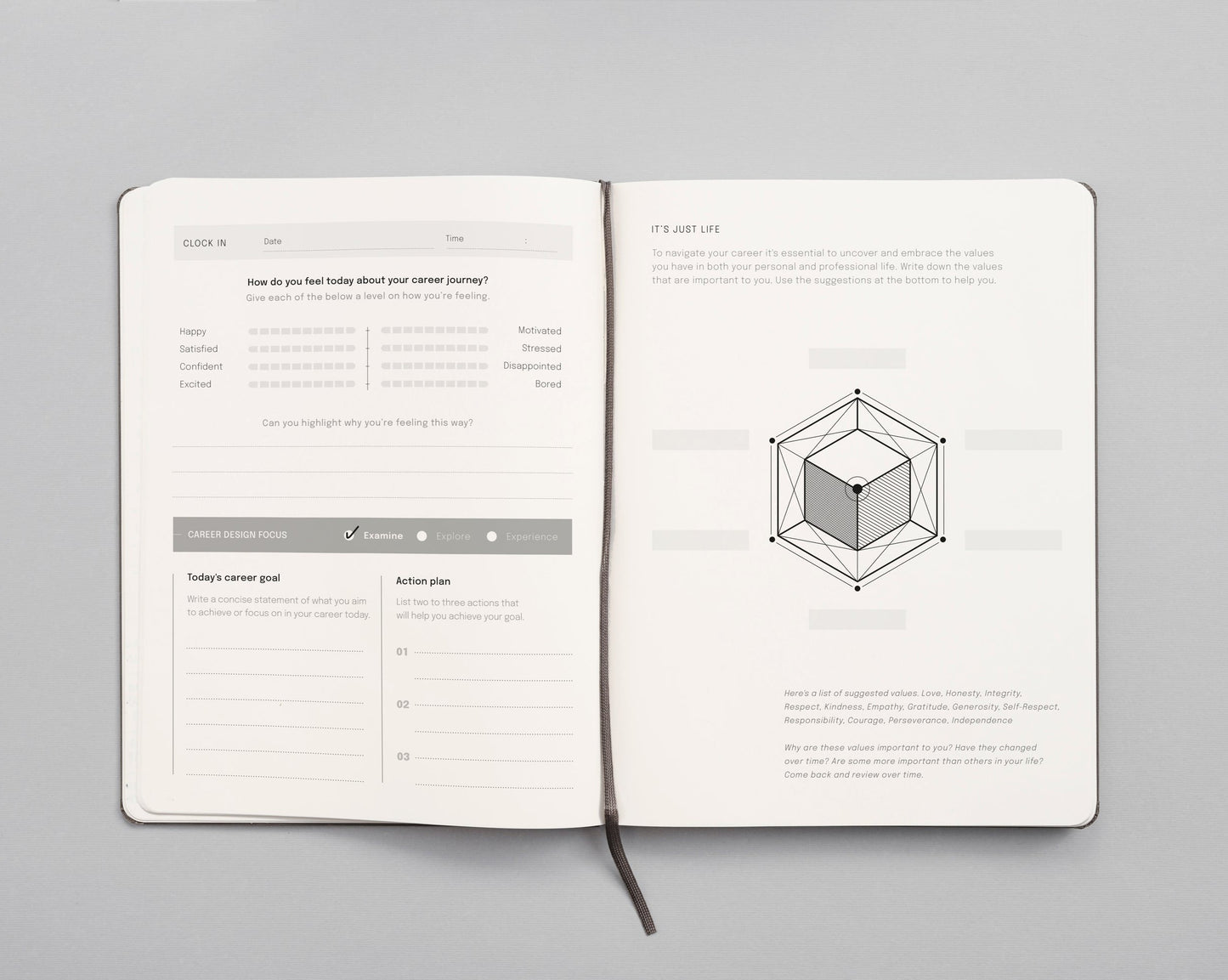Finding Fulfillment in Your Work
In the quest for a fulfilling career, the notion of a singular, defined "purpose" has become a popular but often misleading goal. Social media is rife with anecdotes of people finding their "calling" and achieving instant success and happiness. However, the reality is that chasing a specific purpose can sometimes lead to disappointment and frustration. Instead, focusing on finding meaning in your work may offer a more satisfying and realistic path to career fulfillment.
Shifting Focus: From Purpose to Meaning
Instead of chasing a lofty purpose, it’s more practical to focus on finding meaning in your work. This involves understanding what you enjoy and what you’re good at. Career satisfaction often comes from doing tasks that you like and excel at, rather than adhering to a rigid purpose.
Consider what activities make you feel energized and engaged. Reflect on past experiences in jobs, school projects, or hobbies. Perhaps you enjoyed helping others get organized, researching for group projects, or working in a team. These preferences can guide you toward a meaningful career path.
Seeking Growth and Learning Opportunities
A meaningful career is often characterized by continuous growth and learning. Research shows that developing your abilities and mastering new skills can lead to greater happiness and job satisfaction. When considering potential career paths, ask yourself whether the roles you are exploring offer opportunities for growth and learning that you can leverage in the future.
Look for positions that provide training, mentorship, and the chance to take on new challenges. These opportunities will not only help you build a diverse skill set but also keep you engaged and motivated. The sense of progress and improvement can be a powerful source of meaning in your career.
Practical Steps to Finding Meaning
1. Reflect on Past Experiences: Identify what you liked and disliked about previous roles and projects. Use these insights to guide your career decisions.
2. Identify Your Strengths: Focus on skills you are good at and enjoy. Seek roles that allow you to use and improve these abilities.
3. Pursue Growth Opportunities: Look for jobs that offer the chance to learn and develop new skills. This will help you stay motivated and find long-term satisfaction.
4. Stay Open to Change: Be willing to adapt and explore different paths. What feels meaningful today might change as you grow and evolve in your career.
Conclusion
While the idea of having a single, defined career purpose can be appealing, it is not necessary for a rewarding and fulfilling professional life. By shifting your focus from purpose to meaning, you can find joy and satisfaction in your work through continuous growth, leveraging your strengths, and staying attuned to what you genuinely enjoy. Embrace the journey of discovering what makes your career meaningful, and you are likely to find greater happiness and fulfillment along the way.








